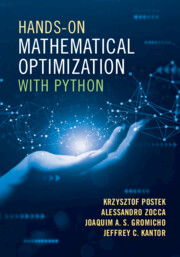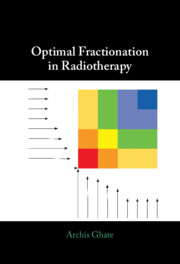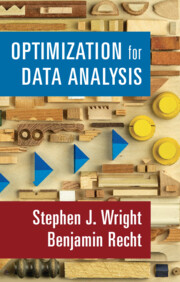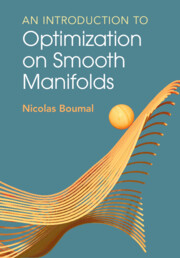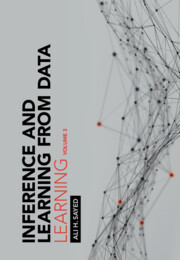Hands-On Mathematical Optimization with Python
This practical guide to optimization combines mathematical theory with hands-on coding examples to explore how Python can be used to model problems and obtain the best possible solutions. Presenting a balance of theory and practical applications, it is the ideal resource for upper-undergraduate and graduate students in applied mathematics, data science, business, industrial engineering and operations research, as well as practitioners in related fields. Beginning with an introduction to the concept of optimization, this text presents the key ingredients of an optimization problem and the choices one needs to make when modeling a real-life problem mathematically. Topics covered range from linear and network optimization to convex optimization and optimizations under uncertainty. The book's Python code snippets, alongside more than 50 Jupyter notebooks on the author's GitHub, allow students to put the theory into practice and solve problems inspired by real-life challenges, while numerous exercises sharpen students' understanding of the methods discussed.
- Covers all the mathematical fundamentals needed to understand how to implement and solve optimization problems, with a good balance between applications and theory
- Focuses on active learning, with numerous examples, exercises and code samples to build a deeper understanding
- Employs more than 50 Jupyter notebooks with optimization applications, allowing students to see how the theoretical constructs drive solutions to real-life problems
- Highlights the impact that uncertainty might have on solutions of optimization problems and teaches various approaches to handle it
- Explores the choices one needs to make when modeling a real-life problem mathematically
Reviews & endorsements
‘This is a fantastic textbook on optimization! It contains the right mix of theoretical and more practical optimization aspects. Several chapters contain more recent important developments, e.g., conic and robust optimization. Moreover, the Python codes provided make this textbook really ‘hands-on'. It is clear that the authors are not only experts in optimization theory, but also have applied optimization in practice themselves.' Dick den Hertog, University of Amsterdam
‘This book delivers state-of-the-art models and their implementation. I highly recommend it to anyone interested in practical application of optimization.' David Woodruff, University of California, Davis
‘This book is a great tool for instructors and students in Engineering, Business Analytics and many other areas for learning Mathematical Optimisation using Python code language. It is also good for senior researchers in Operations Research that are willing to adopt Python in their research and teaching.' Belen Martin-Barragan, University of Edinburgh
‘Hands-On Mathematical Optimization with Python' fills a crucial gap in educational resources, providing both students and practitioners with an invaluable tool for mastering optimization models through practical Python programming. With clear guidance and hands-on exercises, this textbook empowers learners to not only understand but also implement optimization techniques effectively.' Bhupesh Shetty, Drexel University
‘This book does an excellent job at teaching the reader how to set up and solve many types of optimization problems. It would be extremely useful to any practitioner of optimization theory across a multitude of applications. I believe that its readers will have gained very valuable expertise, since setting up an optimization formulation that reflects the problem at hand may often be the most challenging part. To maximize the book's utility, I would recommend its user to have a solid background on mathematical theory behind optimization techniques.' Slava Krigman, Boston University
Product details
April 2025Paperback
9781009493505
354 pages
254 × 178 × 20 mm
0.68kg
Not yet published - available from February 2025
Table of Contents
- 1. Mathematical optimization
- 2. Linear optimization
- 3. Mixed-integer linear optimization
- 4. Network optimization
- 5. Convex optimization
- 6. Conic optimization
- 7. Accounting for uncertainty: Optimization meets reality
- 8. Robust optimization
- 9. Stochastic optimization
- 10. Two-stage problems
- Appendix A. Linear algebra primer
- Appendix B. Solutions of selected exercises
- List of Tables
- List of Figures
- Index.

